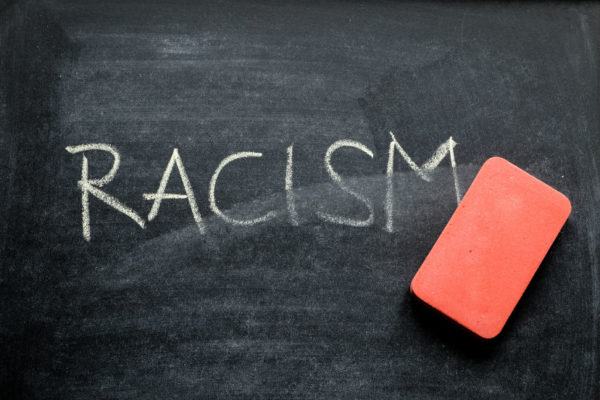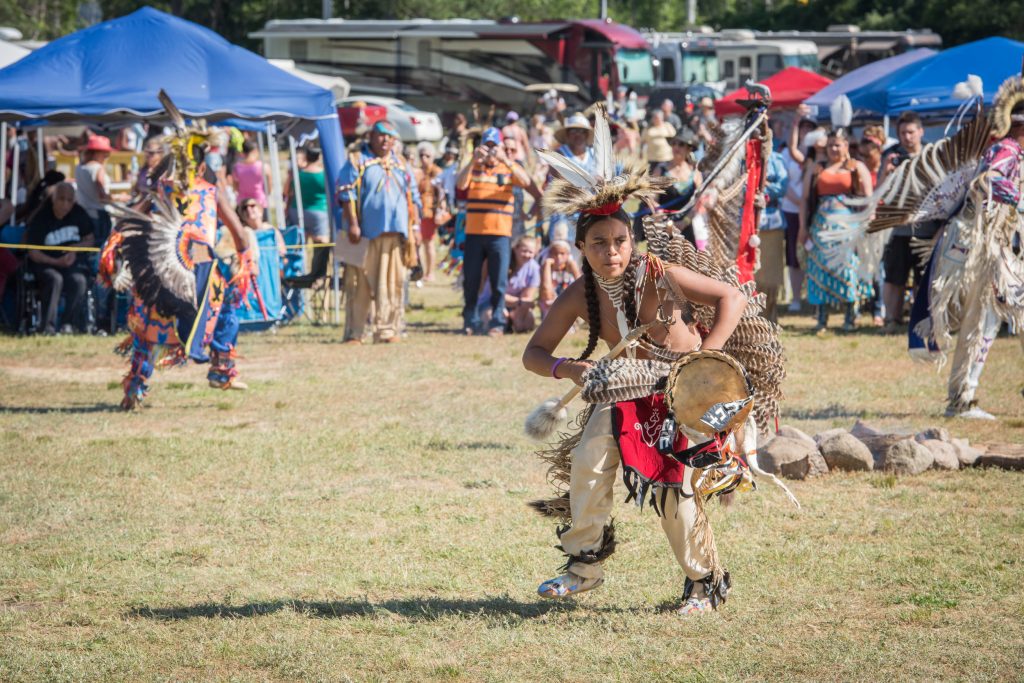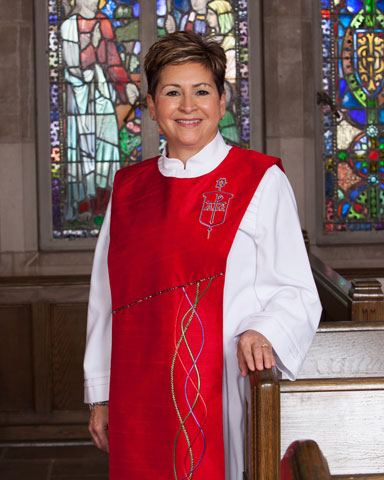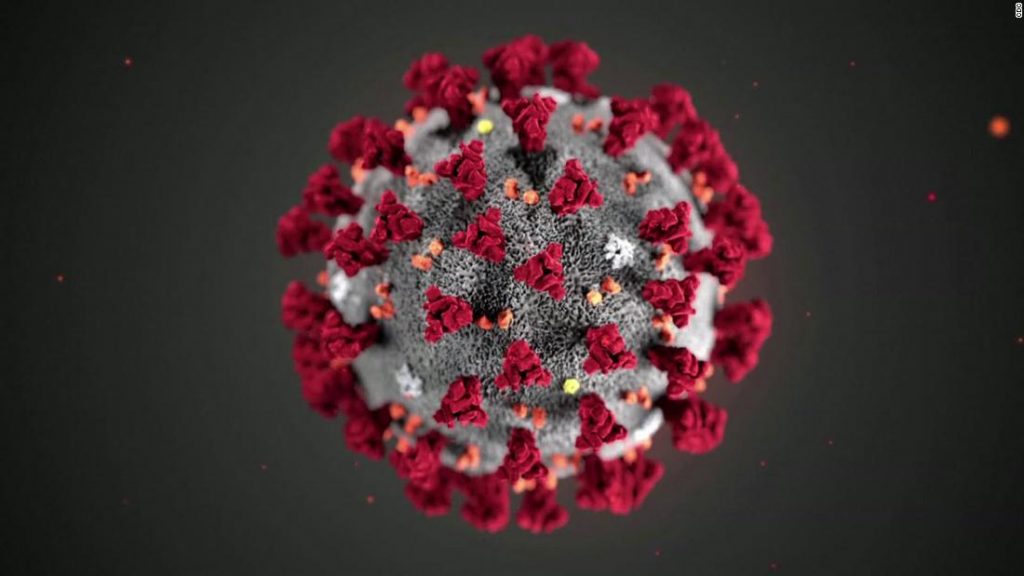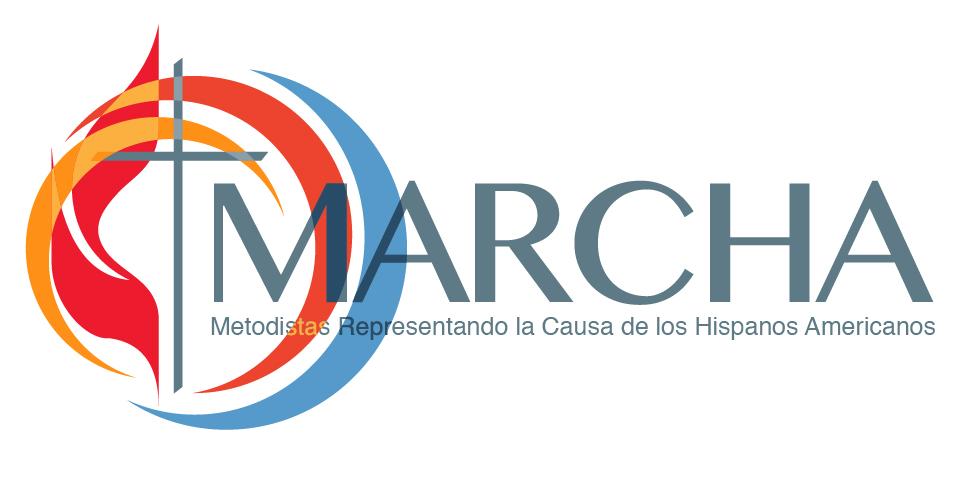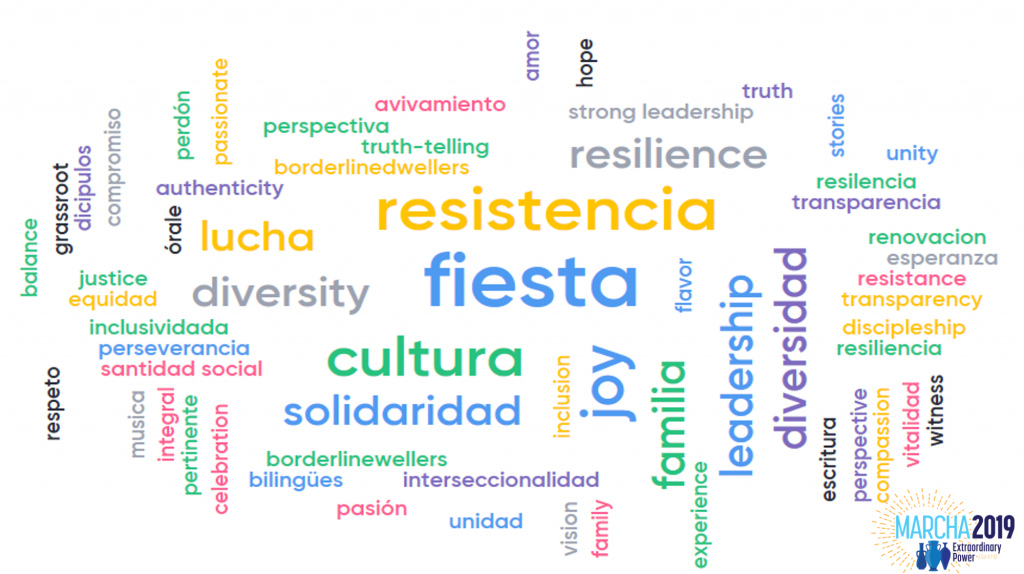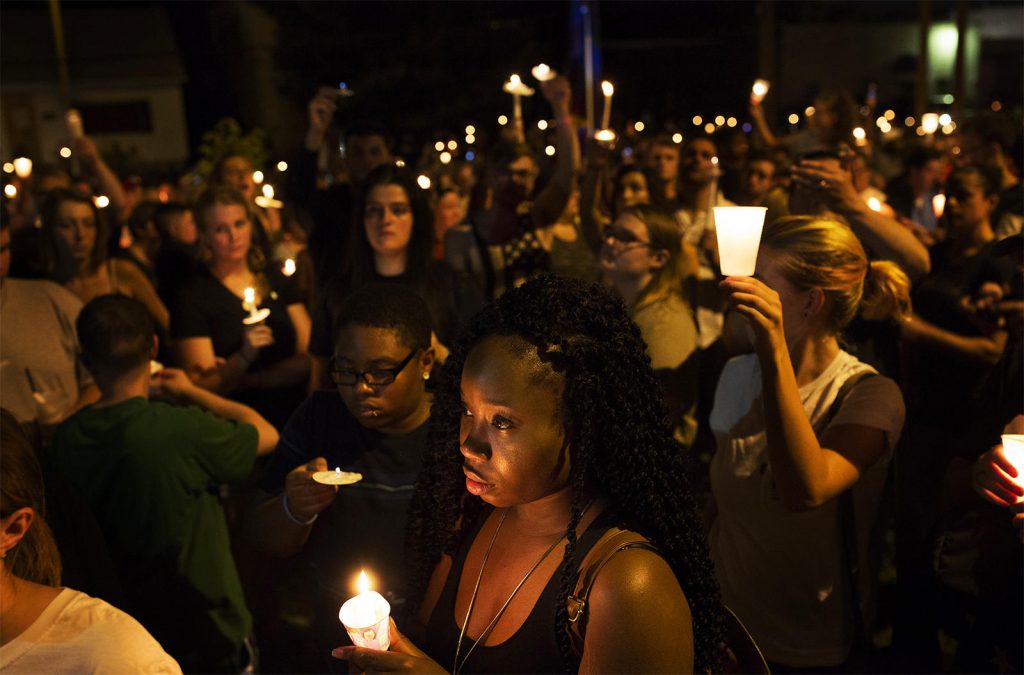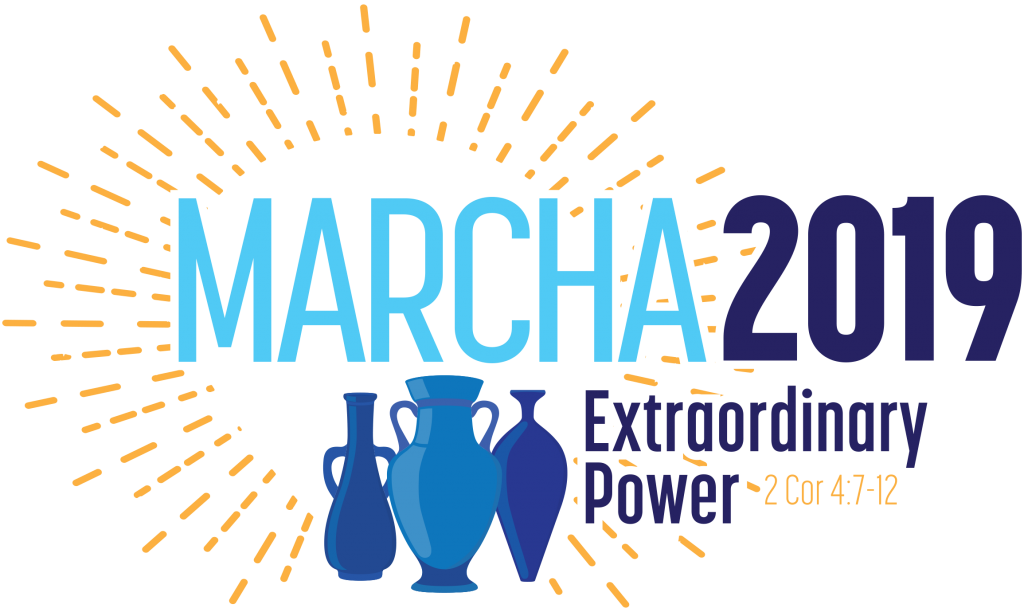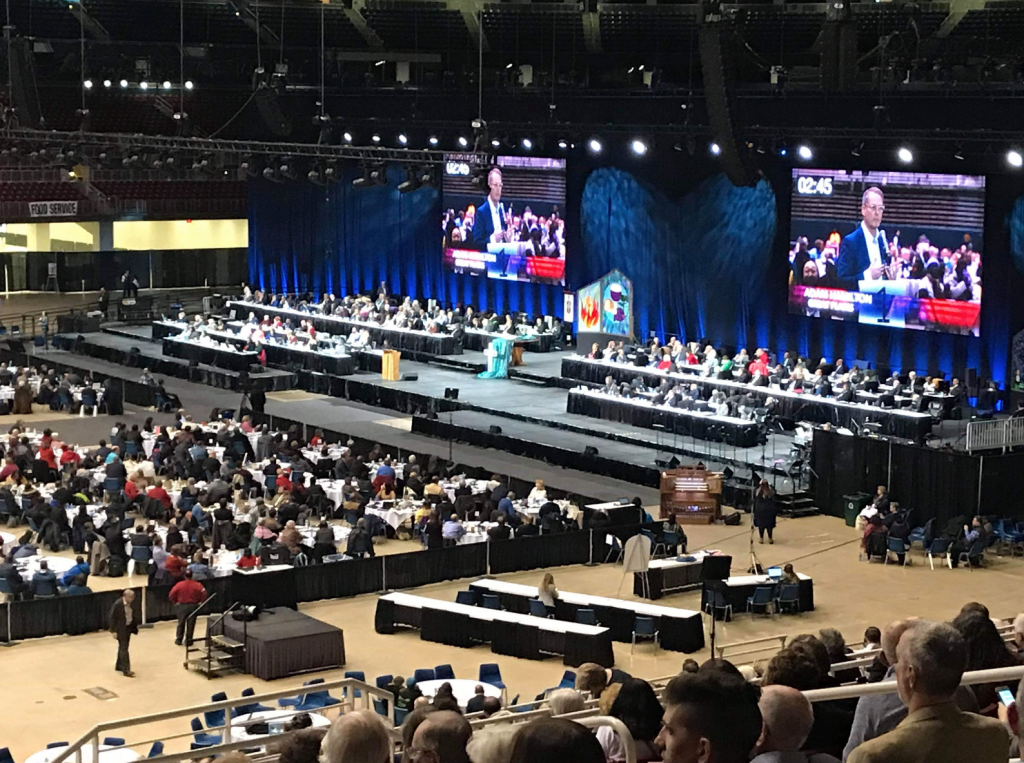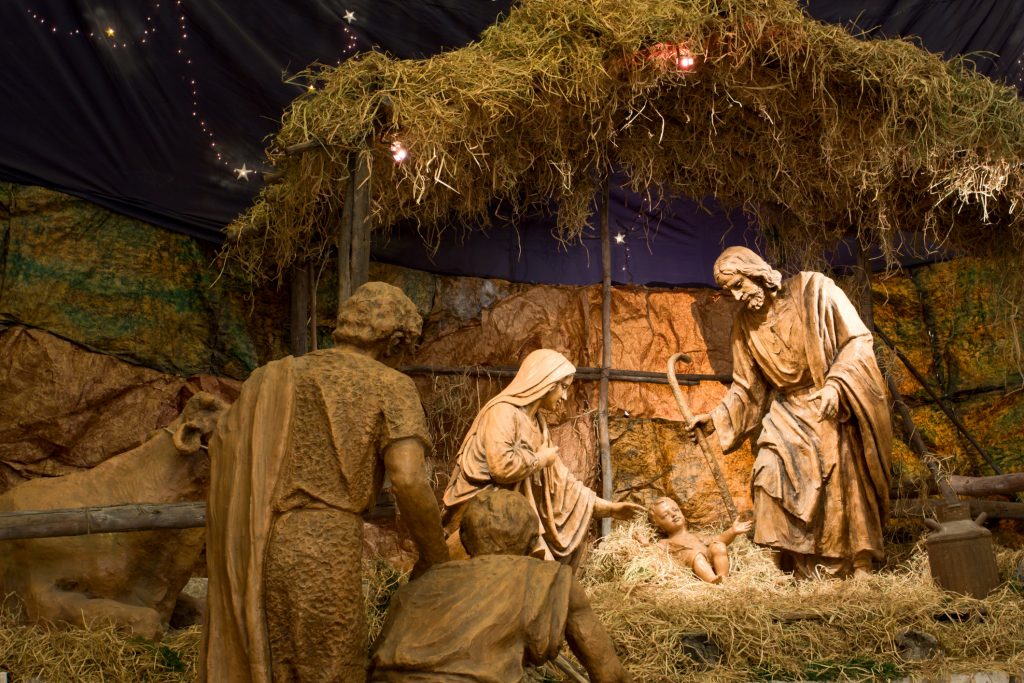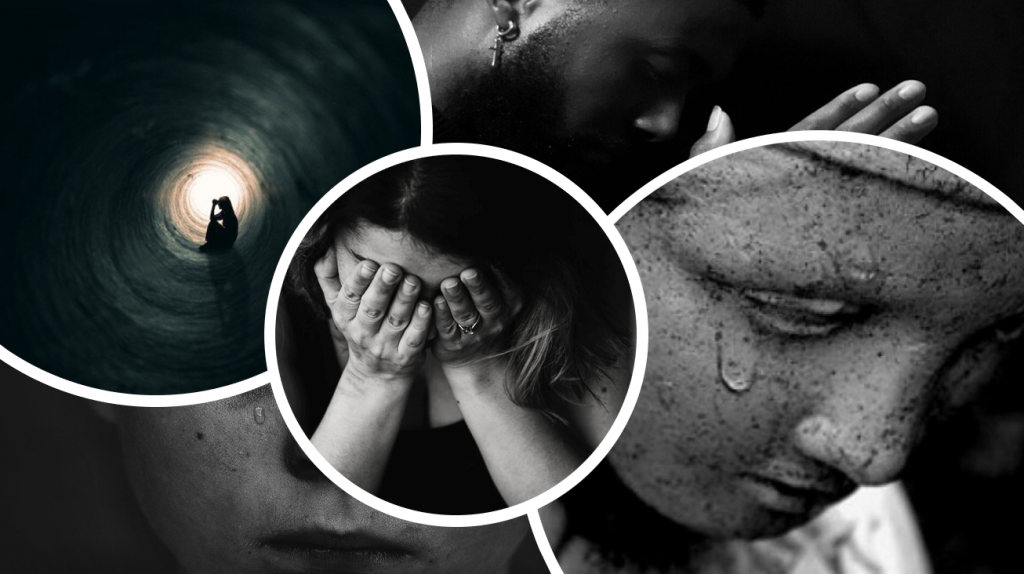
The present pandemic, caused by the COVID-19 virus, has affected the ability to travel and placed restriction on large meeting, therefore, we are holding our Annual MARCHA Meeting ONLINE on a one day, three hours, format.
LAMENTO EN COMUNIDAD: CAMINO A LA ESPERANZA
“Recuerdo mi tristeza y soledad, mi amargura y sufrimiento; me pongo a pensar en ello y el ánimo se me viene abajo. Pero una cosa quiero tener presente y poner en ella mi esperanza: El amor del Señor no tiene fin, ni se han agotado sus bondades. Lamentaciones 3:19-22
Lament in Community: A Way to Hope
“Remember my trouble and my traveling from place to place, the wormwood and bitter feelings. I remember it always, and my soul bows down within me. But this I remember, and so I have hope. It is because of the Lord’s loving-kindness that we are not destroyed for His loving-pity never ends.” Lamentations 3:19-22
WHEN: Friday, November 13, 200
TIME: 6:00PM to 9:00PM EST
WHERE: ZOOM Webinar Platform
Guest Speaker:
Dr. Miguel De La Torre
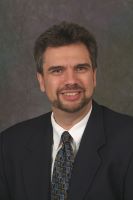
The focus of Dr. Miguel A. De La Torre’s academic pursuit is social ethics within contemporary U.S. thought, specifically how religion affects race, class, and gender oppression. Since obtaining his doctoral in 1999, he has authored over a hundred articles and published thirty-three books (five of which won national awards). He presently serves as Professor of Social Ethics and Latinx Studies at the Iliff School of Theology in Denver. A Fulbright scholar, he has taught in Indonesia, Mexico, South Africa, and Germany
PROGRAM
- Welcome and State of MARCHA
- Rev. Lyssette Pérez, MARCHA President
- Worship Service with Communion, Memorial
- Guest Speakers with Small Groups experience
- Dr. Miguel De La Torre
- Panel – State of the Church and Society.
- Moderated by Rev. Dr. Giovanni Arroyo
- Panelists: Bishop Minerva Carcaño, Bishop Cynthia Harvey-Fierro, and more
- MARCHA Leadership Awards
